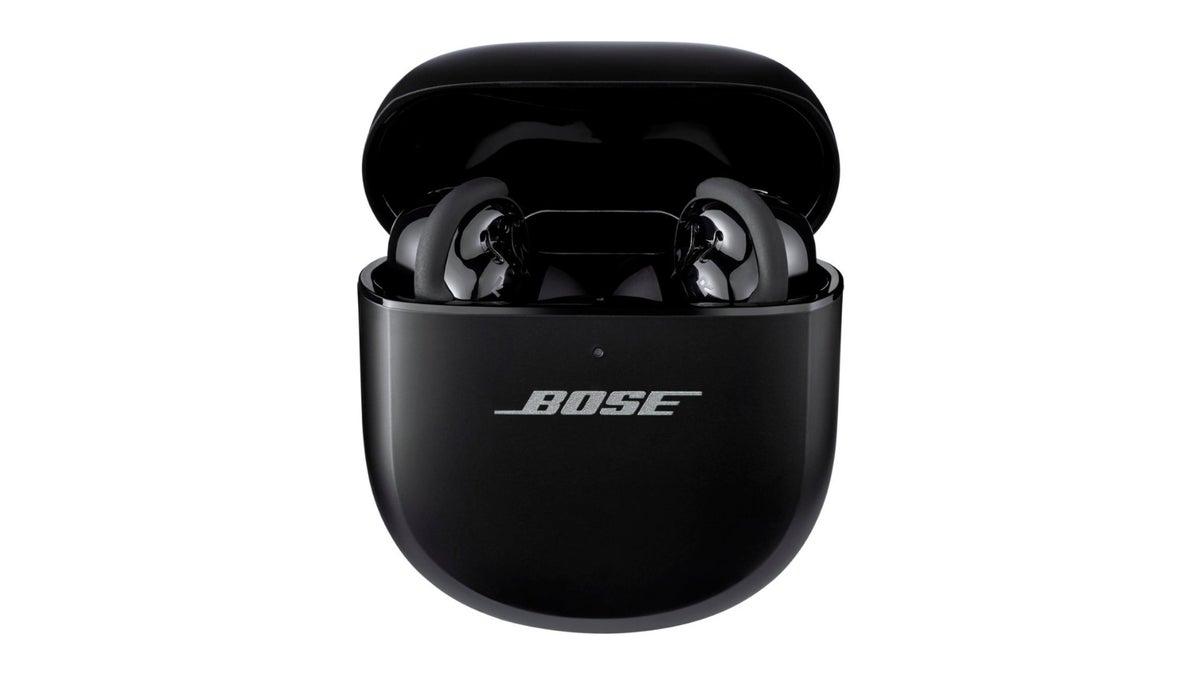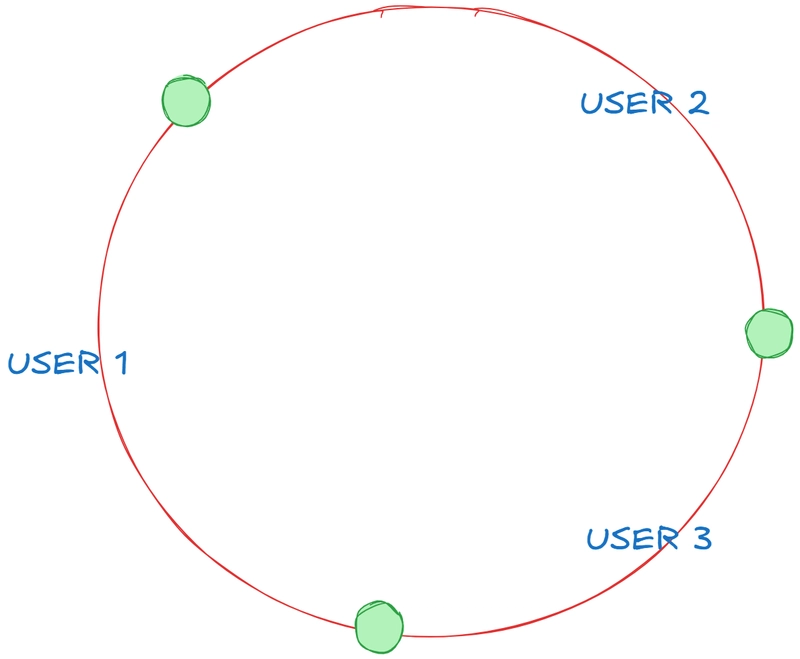How to Handle STDERR in MATLAB System Commands?
Introduction When working with MATLAB, especially when using the system command, you may encounter a situation where standard error (STDERR) is unintentionally captured in the output. This can lead to confusion and make debugging more challenging. This article will explore how to prevent this from happening and provide reliable solutions to manage STDERR. Understanding the Issue The system function in MATLAB allows you to execute shell commands from within your MATLAB environment, capturing standard output (STDOUT) and standard error (STDERR) in one variable. This can be helpful for troubleshooting, but there are times when you may prefer to handle STDERR differently. The default behavior routes STDERR to STDOUT, cluttering your output with unwanted error messages. Why Does This Occur? Commonly, STDERR might be mixed with your command's STDOUT due to shell default settings. This can happen on various operating systems and environments, where the redirection of error streams is either not supported in the same manner or behaves unexpectedly. Using constructs like 2> /dev/null to silence errors might work locally but can lead to additional arguments passed in environments with different shell behavior. Solution Approaches To circumvent these issues, we can explore several strategies that are both practical and reduce dependency on specific shell capabilities. Using Specific Shell Commands One method to effectively isolate STDERR is to wrap your command in a shell call that explicitly handles STDERR. Our example illustrates this: cmd = "bash --noprofile --norc -c '" + cmd + "'"; This ensures that our command is executed in a standard shell that understands the syntax for redirecting STDERR properly and thus mitigates the issues caused by variations in command-line environments. Ignoring STDERR in MATLAB Commands Another approach within MATLAB is manipulating how you invoke system commands. Consider customizing the command to deal explicitly with STDERR by redirecting it within the same MATLAB context: [status, output] = system(cmd + ' 2> /dev/null'); However, this will work best with UNIX-based systems and requires different handling for Windows: if ispc cmd = cmd + ' 2> NUL'; % For Windows else cmd = cmd + ' 2> /dev/null'; % For UNIX-based systems end Using platform checks ensures your command utilizes the correct redirection method, decreasing the likelihood of errors. Discarding STDERR Inside MATLAB If you want to completely discard STDERR without capturing any of it, MATLAB does not offer a built-in method for the system function. Instead, you could use the evalc() function, although it captures both STDOUT and STDERR: [status, output] = system(cmd); if status ~= 0 disp(output); % Display output only if there's an error end While this solution doesn't literally discard STDERR, it allows you to handle it selectively based on status checks. Exploring MATLAB-only Solutions MATLAB has some functions specialized for certain operations that could handle errors more gracefully, such as try-catch blocks. Utilizing error handling can help in isolating errors from the main output handling process: try [status, output] = system(cmd); assert(status == 0, 'Command failed with error: %s', output); catch ME disp(ME.message); % Handle error instead of displaying full output end Frequently Asked Questions Can I prevent STDERR from being part of the output in MATLAB's system command? Yes, using appropriate redirection commands based on the operating system you are using, along with wrapping commands in a compatible shell, can help. How do I know which shell is being used? You can determine the active shell based on system-specific functions or configurations in your operating environment. Is there a foolproof way to handle STDERR across various environments? While you can implement checks for known shells and leverage MATLAB's built-in functions, capturing and routing STDERR can still pose challenges due to the variability of shell environments. Understanding how your commands will execute in target systems is crucial. Conclusion When executing shell commands in MATLAB, managing STDERR becomes vital for ensuring clean and understandable outputs. By leveraging different methods of shell invocation, conditional command adjustments, and thoughtful error handling, you can create a flexible, effective approach that minimizes STDERR clutter.
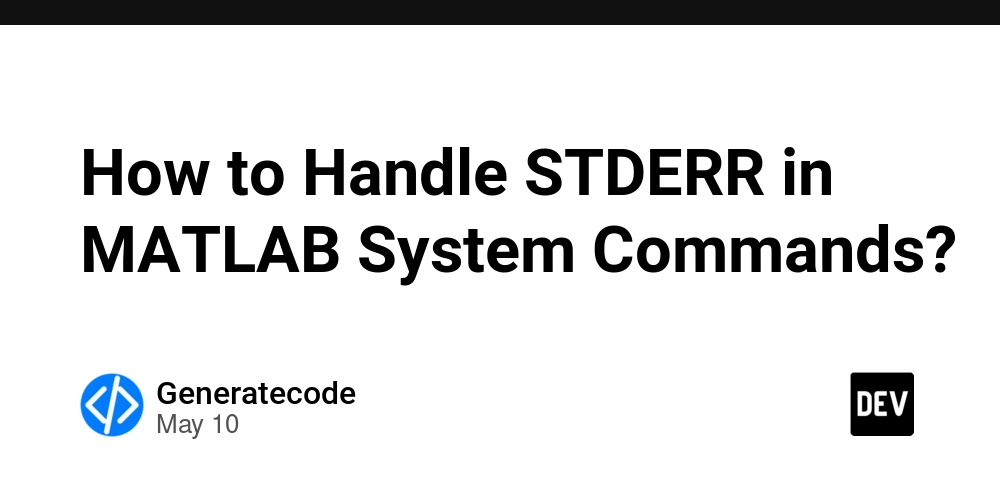
Introduction
When working with MATLAB, especially when using the system command, you may encounter a situation where standard error (STDERR) is unintentionally captured in the output. This can lead to confusion and make debugging more challenging. This article will explore how to prevent this from happening and provide reliable solutions to manage STDERR.
Understanding the Issue
The system function in MATLAB allows you to execute shell commands from within your MATLAB environment, capturing standard output (STDOUT) and standard error (STDERR) in one variable. This can be helpful for troubleshooting, but there are times when you may prefer to handle STDERR differently. The default behavior routes STDERR to STDOUT, cluttering your output with unwanted error messages.
Why Does This Occur?
Commonly, STDERR might be mixed with your command's STDOUT due to shell default settings. This can happen on various operating systems and environments, where the redirection of error streams is either not supported in the same manner or behaves unexpectedly. Using constructs like 2> /dev/null to silence errors might work locally but can lead to additional arguments passed in environments with different shell behavior.
Solution Approaches
To circumvent these issues, we can explore several strategies that are both practical and reduce dependency on specific shell capabilities.
Using Specific Shell Commands
One method to effectively isolate STDERR is to wrap your command in a shell call that explicitly handles STDERR. Our example illustrates this:
cmd = "bash --noprofile --norc -c '" + cmd + "'";
This ensures that our command is executed in a standard shell that understands the syntax for redirecting STDERR properly and thus mitigates the issues caused by variations in command-line environments.
Ignoring STDERR in MATLAB Commands
Another approach within MATLAB is manipulating how you invoke system commands. Consider customizing the command to deal explicitly with STDERR by redirecting it within the same MATLAB context:
[status, output] = system(cmd + ' 2> /dev/null');
However, this will work best with UNIX-based systems and requires different handling for Windows:
if ispc
cmd = cmd + ' 2> NUL'; % For Windows
else
cmd = cmd + ' 2> /dev/null'; % For UNIX-based systems
end
Using platform checks ensures your command utilizes the correct redirection method, decreasing the likelihood of errors.
Discarding STDERR Inside MATLAB
If you want to completely discard STDERR without capturing any of it, MATLAB does not offer a built-in method for the system function. Instead, you could use the evalc() function, although it captures both STDOUT and STDERR:
[status, output] = system(cmd);
if status ~= 0
disp(output); % Display output only if there's an error
end
While this solution doesn't literally discard STDERR, it allows you to handle it selectively based on status checks.
Exploring MATLAB-only Solutions
MATLAB has some functions specialized for certain operations that could handle errors more gracefully, such as try-catch blocks. Utilizing error handling can help in isolating errors from the main output handling process:
try
[status, output] = system(cmd);
assert(status == 0, 'Command failed with error: %s', output);
catch ME
disp(ME.message); % Handle error instead of displaying full output
end
Frequently Asked Questions
Can I prevent STDERR from being part of the output in MATLAB's system command?
Yes, using appropriate redirection commands based on the operating system you are using, along with wrapping commands in a compatible shell, can help.
How do I know which shell is being used?
You can determine the active shell based on system-specific functions or configurations in your operating environment.
Is there a foolproof way to handle STDERR across various environments?
While you can implement checks for known shells and leverage MATLAB's built-in functions, capturing and routing STDERR can still pose challenges due to the variability of shell environments. Understanding how your commands will execute in target systems is crucial.
Conclusion
When executing shell commands in MATLAB, managing STDERR becomes vital for ensuring clean and understandable outputs. By leveraging different methods of shell invocation, conditional command adjustments, and thoughtful error handling, you can create a flexible, effective approach that minimizes STDERR clutter.










































































































































































![[The AI Show Episode 146]: Rise of “AI-First” Companies, AI Job Disruption, GPT-4o Update Gets Rolled Back, How Big Consulting Firms Use AI, and Meta AI App](https://www.marketingaiinstitute.com/hubfs/ep%20146%20cover.png)














































































































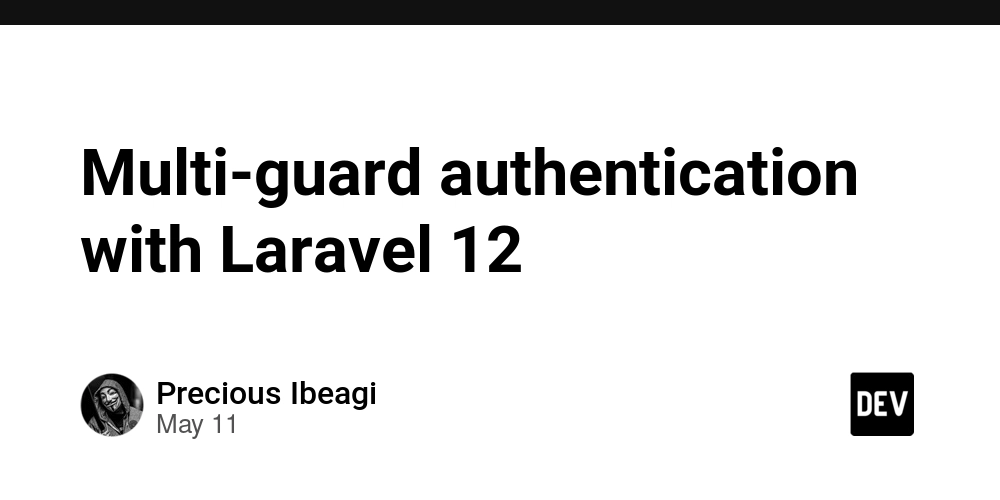













![[FREE EBOOKS] Offensive Security Using Python, Learn Computer Forensics — 2nd edition & Four More Best Selling Titles](https://www.javacodegeeks.com/wp-content/uploads/2012/12/jcg-logo.jpg)



![Ditching a Microsoft Job to Enter Startup Purgatory with Lonewolf Engineer Sam Crombie [Podcast #171]](https://cdn.hashnode.com/res/hashnode/image/upload/v1746753508177/0cd57f66-fdb0-4972-b285-1443a7db39fc.png?#)































































































































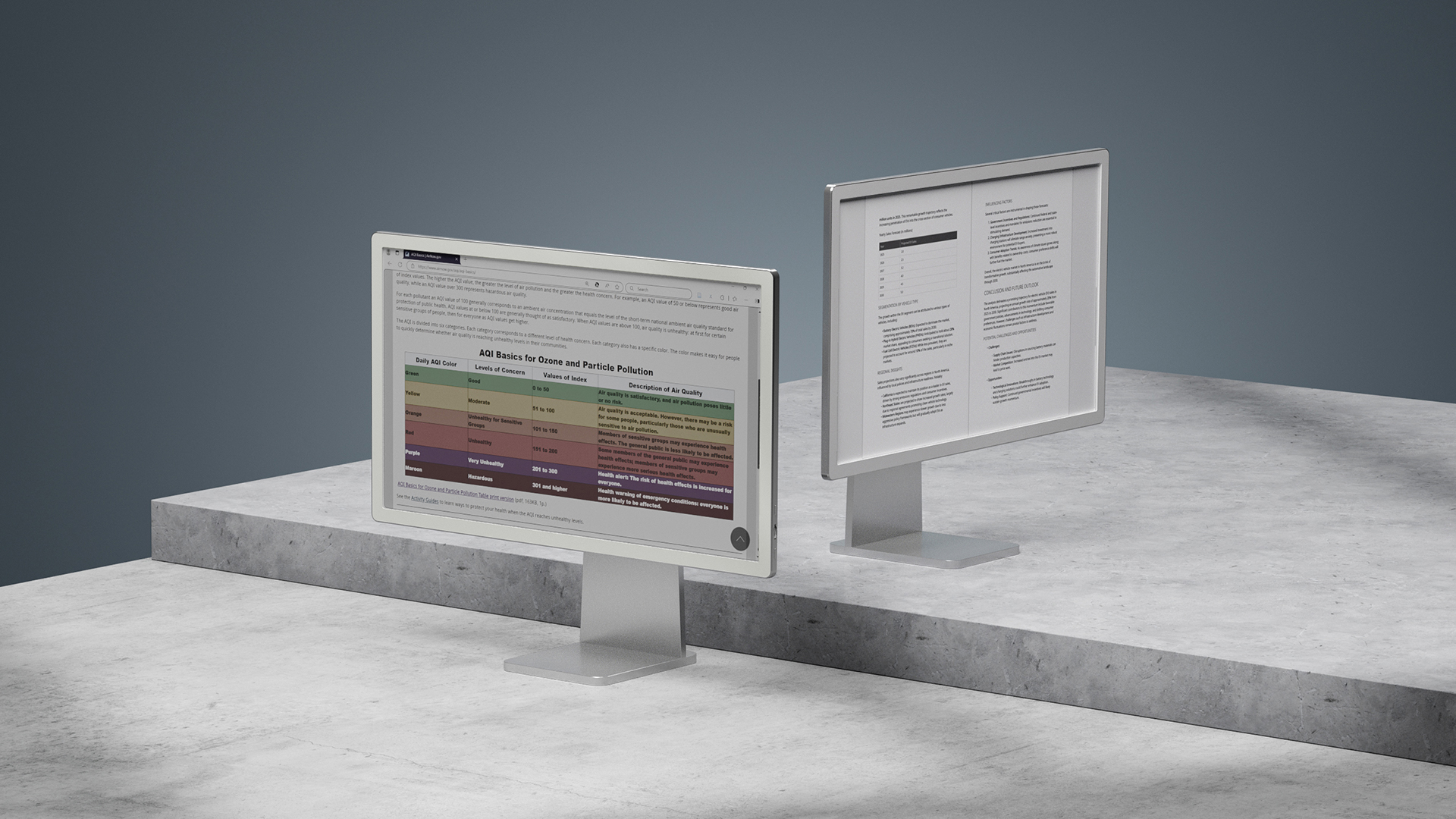
























































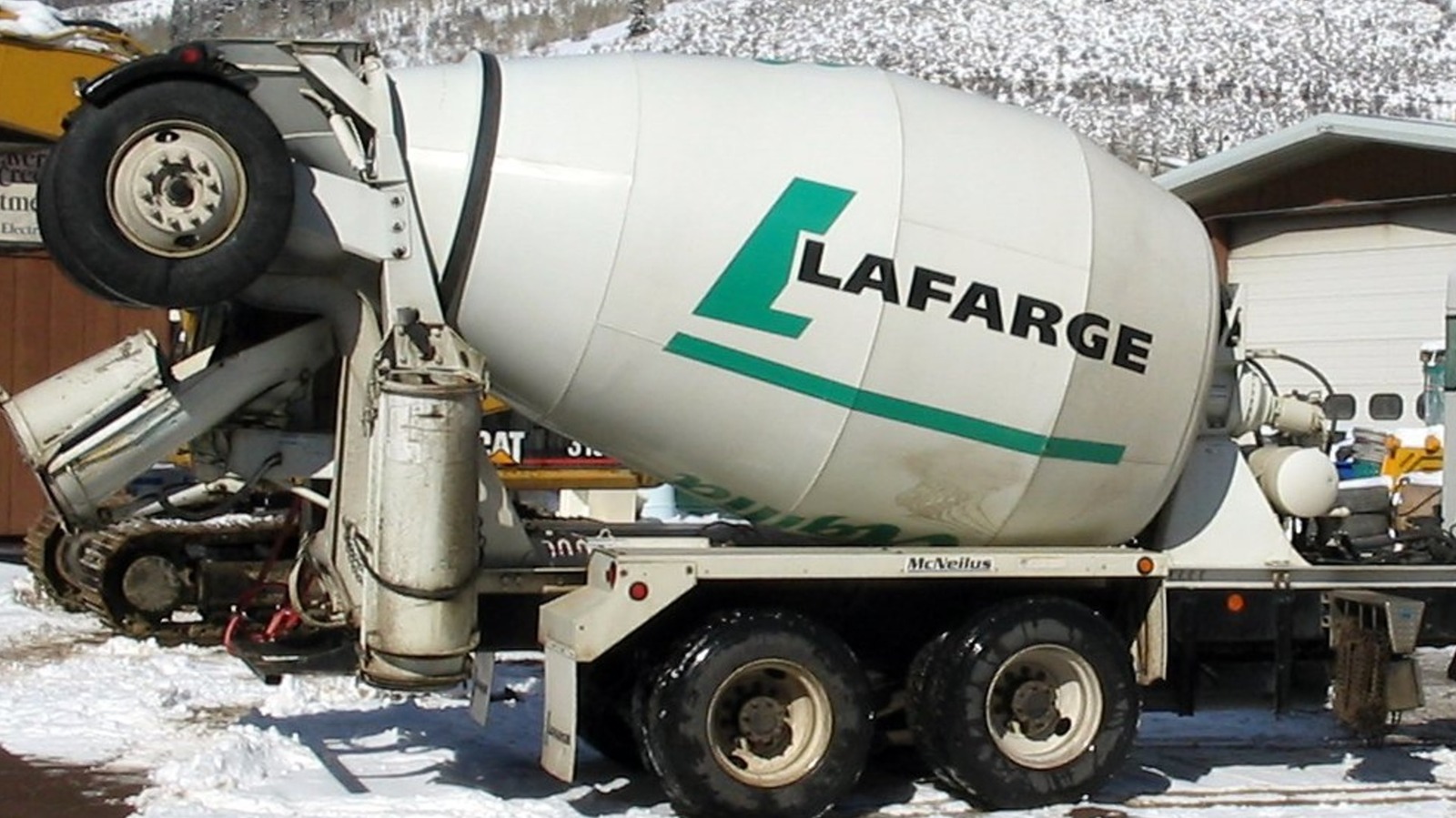











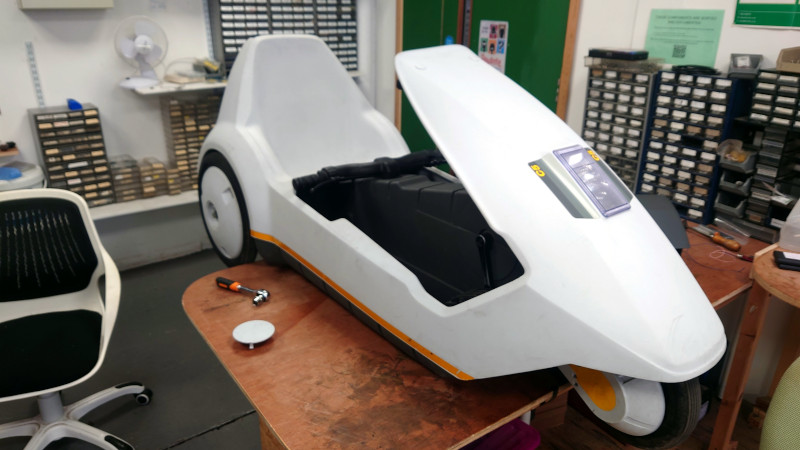




















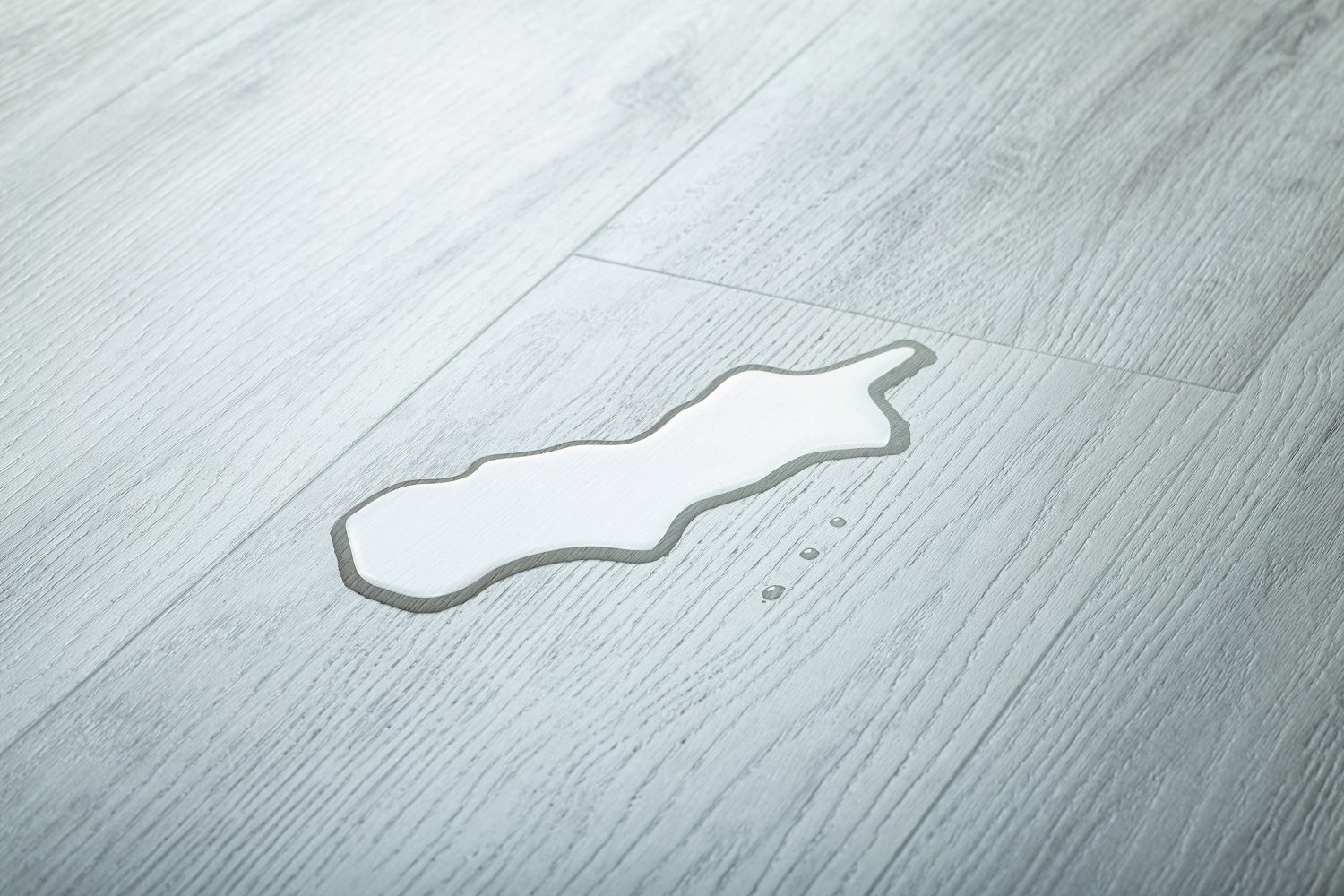






-xl.jpg)













![As Galaxy Watch prepares a major change, which smartwatch design to you prefer? [Poll]](https://i0.wp.com/9to5google.com/wp-content/uploads/sites/4/2024/07/Galaxy-Watch-Ultra-and-Apple-Watch-Ultra-1.jpg?resize=1200%2C628&quality=82&strip=all&ssl=1)










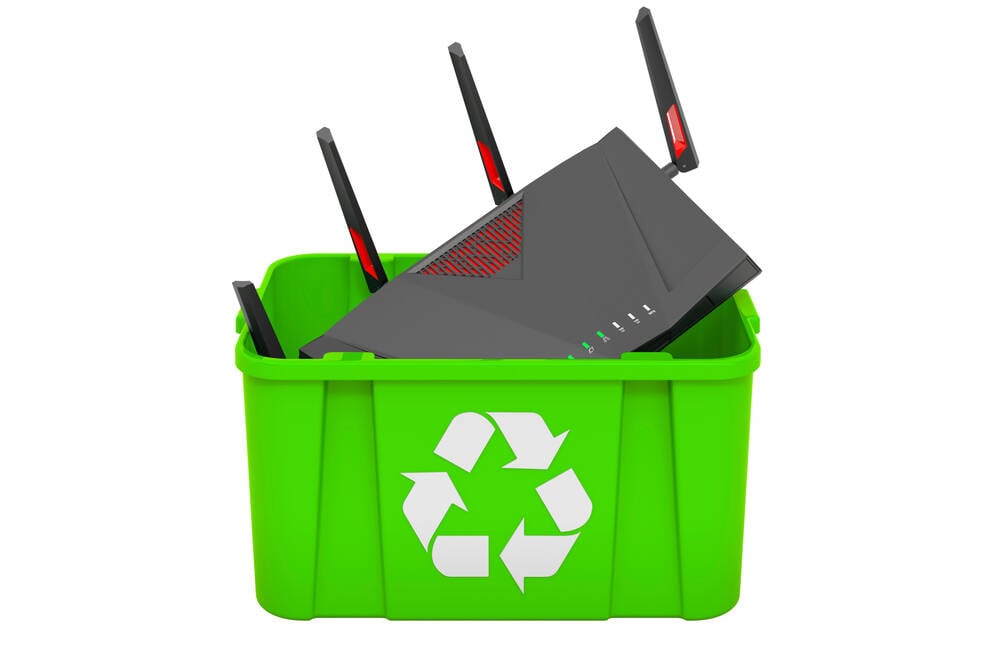


![Apple M4 iMac Drops to New All-Time Low Price of $1059 [Deal]](https://www.iclarified.com/images/news/97281/97281/97281-640.jpg)
![Beats Studio Buds + On Sale for $99.95 [Lowest Price Ever]](https://www.iclarified.com/images/news/96983/96983/96983-640.jpg)

![New iPad 11 (A16) On Sale for Just $277.78! [Lowest Price Ever]](https://www.iclarified.com/images/news/97273/97273/97273-640.jpg)






































![Apple's 11th Gen iPad Drops to New Low Price of $277.78 on Amazon [Updated]](https://images.macrumors.com/t/yQCVe42SNCzUyF04yj1XYLHG5FM=/2500x/article-new/2025/03/11th-gen-ipad-orange.jpeg)



![[Exclusive] Infinix GT DynaVue: a Prototype that could change everything!](https://www.gizchina.com/wp-content/uploads/images/2025/05/Screen-Shot-2025-05-10-at-16.07.40-PM-copy.png)





